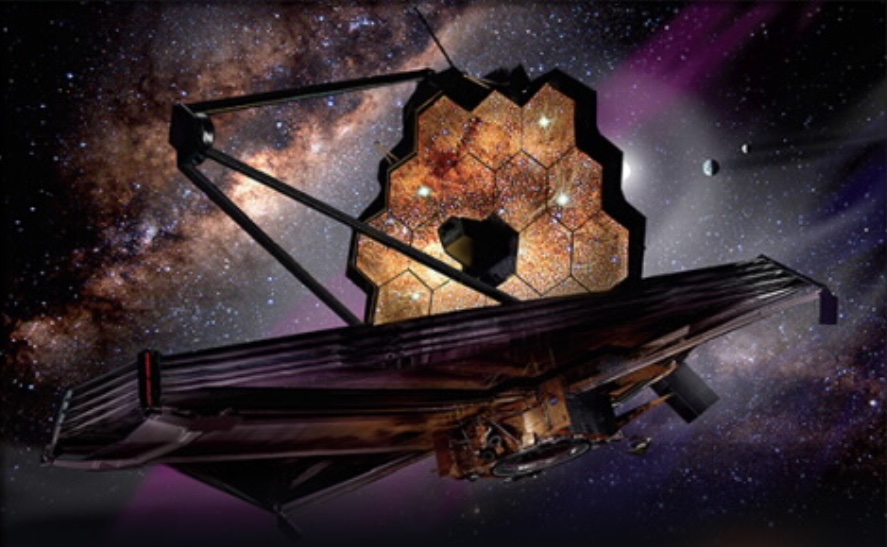UROP Project
Exploring the Universe where No One has seen before
astronomy, astrophysics, star, galaxy, space telescope

Research Mentor: Nao Suzuki, Dr.
Department, College, Affiliation: Physics, Arts and Sciences
Contact Email: nao.suzuki@fsu.edu
Research Assistant Supervisor (if different from mentor):
Research Assistant Supervisor Email:
Faculty Collaborators:
Faculty Collaborators Email:
Department, College, Affiliation: Physics, Arts and Sciences
Contact Email: nao.suzuki@fsu.edu
Research Assistant Supervisor (if different from mentor):
Research Assistant Supervisor Email:
Faculty Collaborators:
Faculty Collaborators Email:
Looking for Research Assistants: Yes
Number of Research Assistants: 2
Relevant Majors: Physics, Physics and Astrophysics, Computer Science
Project Location: On FSU Main Campus
Research Assistant Transportation Required: Remote or In-person: In-person
Approximate Weekly Hours: 5, During business hours
Roundtable Times and Zoom Link:
Number of Research Assistants: 2
Relevant Majors: Physics, Physics and Astrophysics, Computer Science
Project Location: On FSU Main Campus
Research Assistant Transportation Required: Remote or In-person: In-person
Approximate Weekly Hours: 5, During business hours
Roundtable Times and Zoom Link:
- Day: Wednesday, September 3
Start Time: 4:00
End Time: 4:30
Zoom Link: https://us05web.zoom.us/j/84627850994?pwd=Pq6L60PK3ojL1aeuKIjzfpHOtzhKXF.1
Project Description
Our research team works with cutting-edge space telescope data from the James Webb Space Telescope, the European Space Agency’s Euclid mission, and the Hubble Space Telescope. We search for exploding stars, known as supernovae, by comparing newly captured images with archival observations. Amid billions of pixels, identifying these tiny signals is a challenge that requires both human effort and advanced AI training. Along the way, we may uncover remarkable phenomena, gravitational lenses, stars with high proper motion, or even completely unknown objects.Research Tasks: We invite you to help visually inspect images taken by space telescopes and compare them across different epochs. With database expertise, you can contribute by organizing and sorting these large datasets. If you have a computing background, your skills will be valuable in classifying the data into meaningful categories. For those with training in physics or astronomy, there are opportunities to engage in spectral classification and more advanced analysis. Ultimately, after collecting and processing the data, our goal is to analyze the results and extract new scientific insights.
Skills that research assistant(s) may need: Proficiency in SQL and Python is recommended, and experience in database-driven website development is highly valuable.
